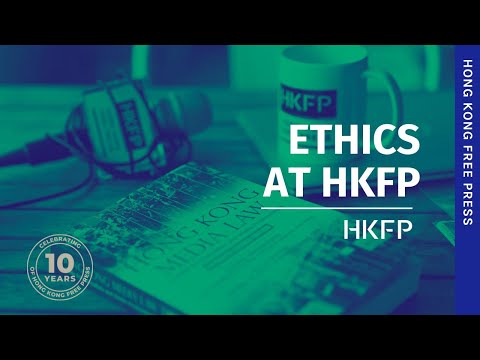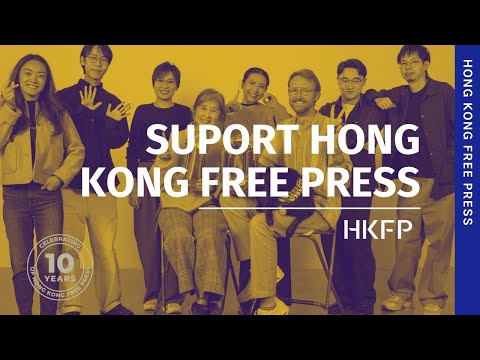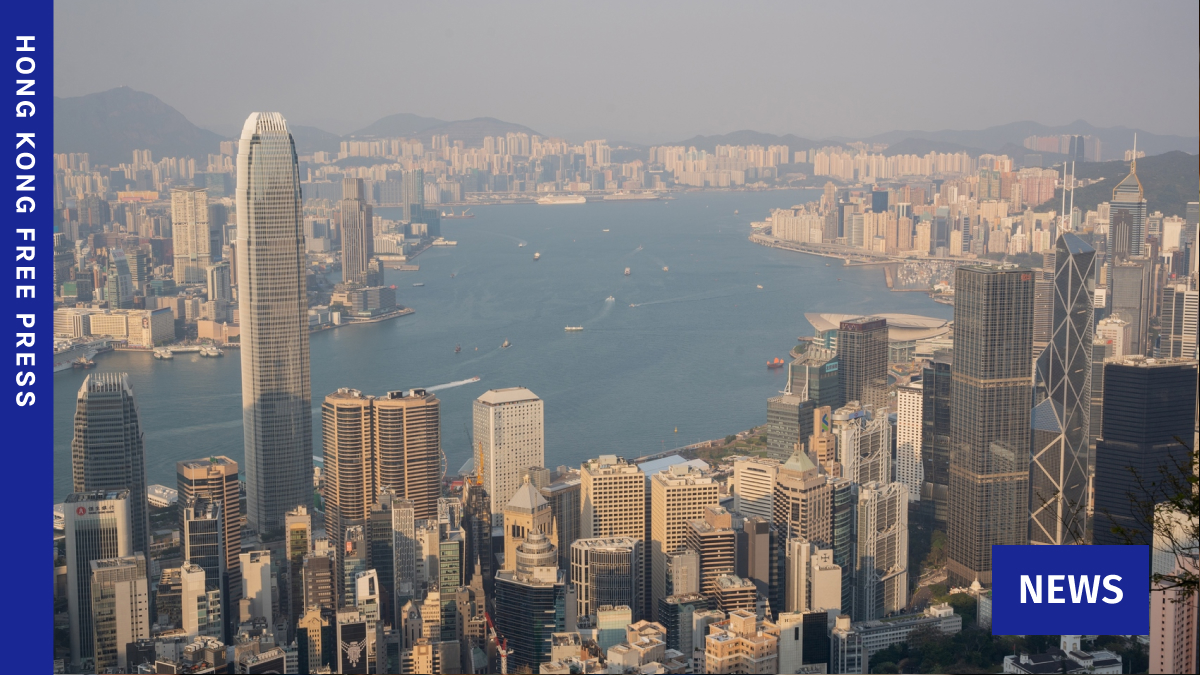Hong Kong has retained the top spot in a global economic freedom ranking released annually by a Canadian think tank.
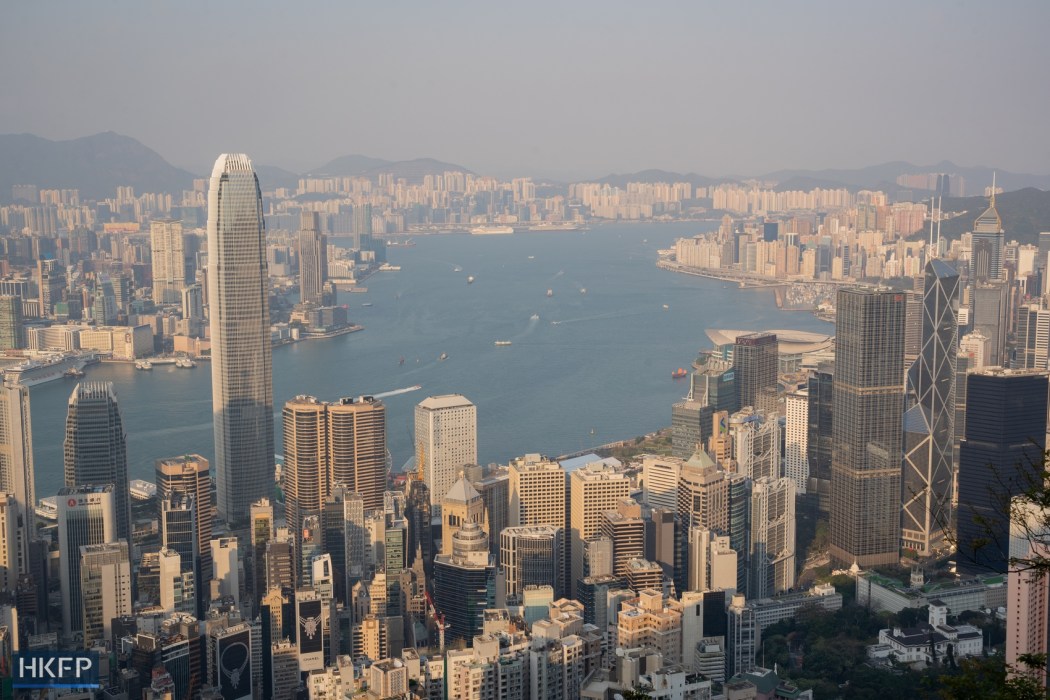 Hong Kong skyline in March 2025. Photo: Kyle Lam/HKFP.
Hong Kong skyline in March 2025. Photo: Kyle Lam/HKFP.
The Fraser Institute, a public policy think tank based in Vancouver, released the 2025 edition of its annual Economic Freedom of the World index on Thursday.
Hong Kong continues to top the list of 165 economies worldwide in the 2025 index, while Singapore and New Zealand are ranked second and third, respectively.
The 2025 index is based on 2023 economic freedom data, when the most recent data across jurisdictions was available, according to the Fraser Institute.
Hong Kong scores 8.55 out of 10 in the economic freedom index – measured by five areas, including freedom to trade internationally and “sound money,” meaning the stability of the currency in an economy.
Although Hong Kong remains on top, “there is more to the story than top-line rankings,” researchers at the Fraser Institute wrote in the report.
They noted that Hong Kong’s overall score had declined by 0.52 points since 2018, led by significant drops in areas such as regulation, legal system and property rights.
“The deterioration in the territory’s regulation and legal system and property rights areas is no doubt due to a notorious 2020 security law that seems to have ended China’s promise of ‘one country, two systems,’” the report said.
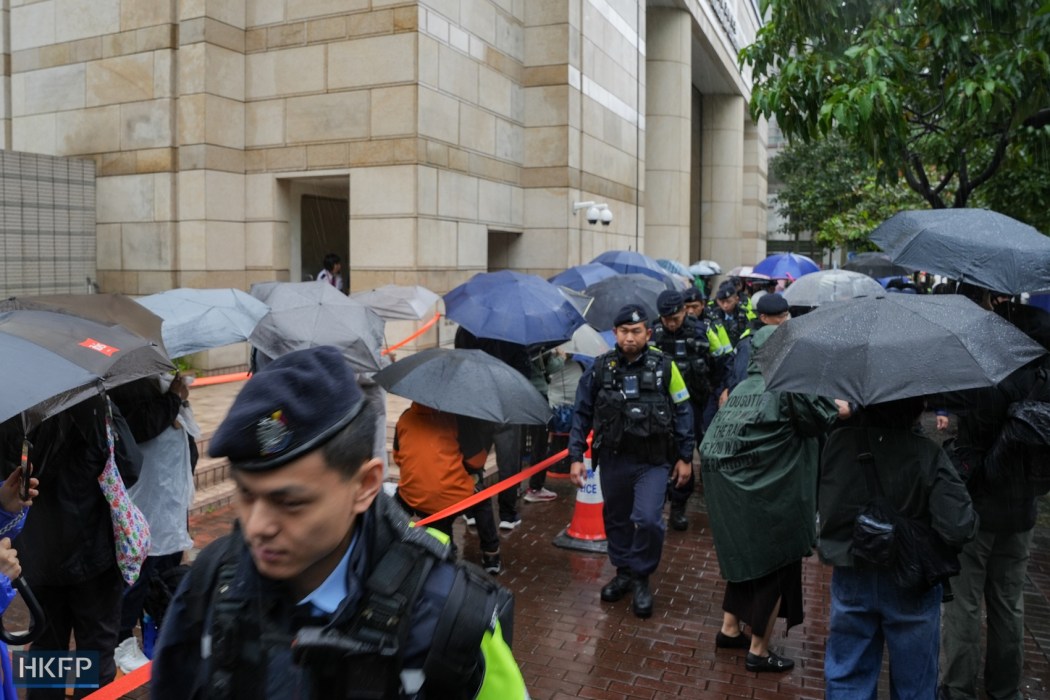 Police officers walk past a queue of people waiting to enter West Kowloon Law Courts Building on November 20, 2024, to hear detained media mogul Jimmy Lai testifying for the first time in his national security trial. File photo: Kyle Lam/HKFP.
Police officers walk past a queue of people waiting to enter West Kowloon Law Courts Building on November 20, 2024, to hear detained media mogul Jimmy Lai testifying for the first time in his national security trial. File photo: Kyle Lam/HKFP.
China imposed a national security law in Hong Kong in 2020 following large-scale pro-democracy protests and unrest in 2019.
The national security law has drawn criticism for eroding freedom and high degree of autonomy Hong Kong has enjoyed under the “one country, two systems” framework, which has governed the former British colony since it returned to Chinese rule in 1997.
In a statement on Thursday, the Hong Kong government said the latest report reaffirmed Hong Kong’s advantages as a free-market economy.
“Amid the intensifying geopolitical tensions, and rising unilateralism and protectionism that disrupt the international trade system and global economic order, Hong Kong will, as always, continue to steadfastly uphold its status as a free port,” it said.
But the government also rejected the think tank’s criticism of the national security law, saying the legislation “has restored a safe and stable environment in Hong Kong.”
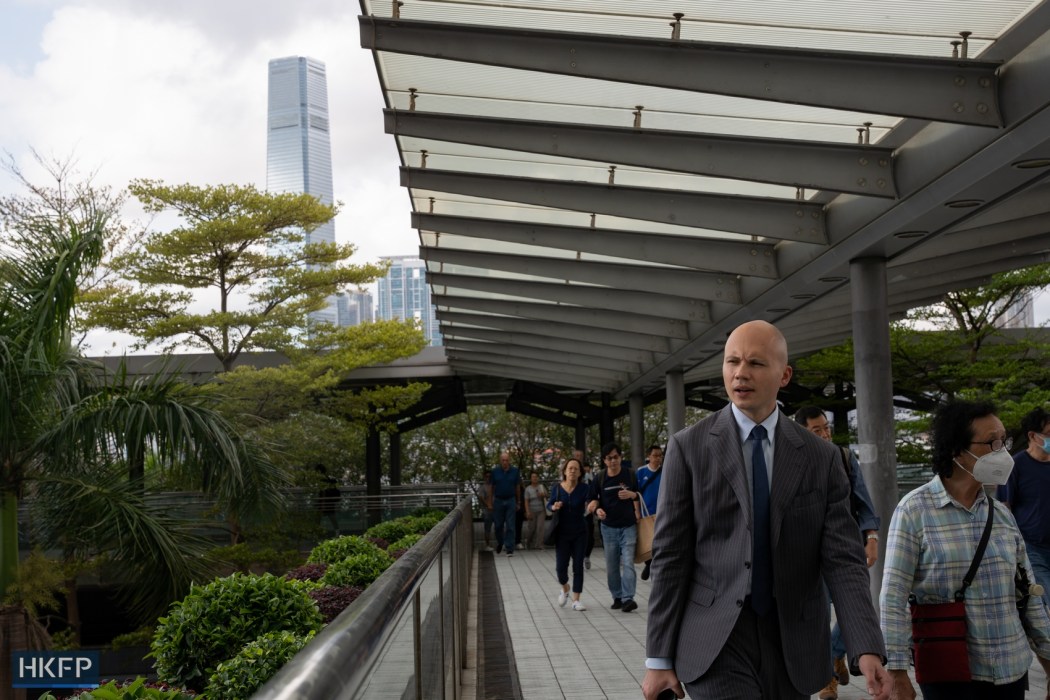 People on a footbridge in Central. File photo: Kyle Lam/HKFP.
People on a footbridge in Central. File photo: Kyle Lam/HKFP.
“Under the ‘one country, two systems’ framework, [Hong Kong] continues to practise the common law and uphold the rule of law, and maintain a judiciary that exercises powers independently. Various surveys indicate that foreign businesses operating in Hong Kong generally express strong confidence in the city’s rule of law,” the government said.
Hong Kong had topped the Fraser Institute’s economic freedom index since the chart was created in 1996, until it lost its edge to Singapore and fell to second in 2023. But it gained the top ranking in 2024.
Beijing inserted national security legislation directly into Hong Kong’s mini-constitution in June 2020 following a year of pro-democracy protests and unrest. It criminalised subversion, secession, collusion with foreign forces and terrorist acts – broadly defined to include disruption to transport and other infrastructure. The move gave police sweeping new powers and led to hundreds of arrests amid new legal precedents, while dozens of civil society groups disappeared. The authorities say it restored stability and peace to the city, rejecting criticism from trade partners, the UN and NGOs.
Support HKFP | Policies & Ethics | Error/typo? | Contact Us | Newsletter | Transparency & Annual Report | Apps
Safeguard press freedom; keep HKFP free for all readers by supporting our team
